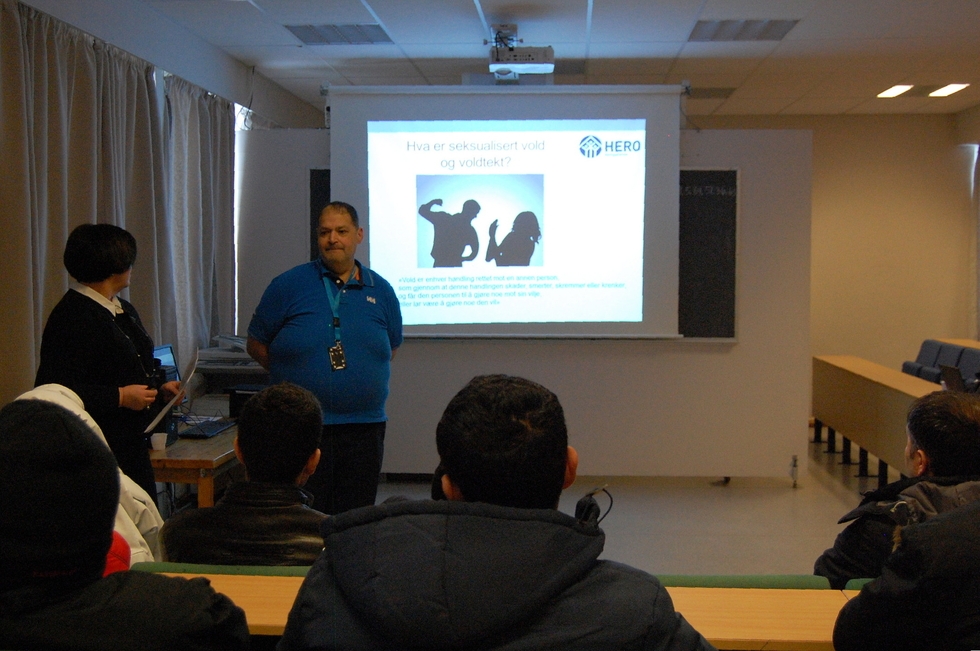Upon Russia's request, Norway temporarily suspends refugee deportations

Norway on Saturday announced that it had temporarily suspended its controversial return of migrants from Arctic Russia, following a request from Moscow.
"The Russian foreign affairs minister was in contact yesterday [Friday] with the Norwegian authorities on the subject of the return of asylum seekers via Storskog," said the Norwegian foreign ministry in a statement, referring to the Storskog border crossing, 400 kilometres (about 250 miles) north of the Arctic Circle.
"Until a new order, there will not be any more returns via Storskog. The Russian border authorities want more coordination over these returns," the statement added.
Speaking in Davos to Norwegian television channel NRK, Norwegian Foreign Affairs Minister Borge Brende said the Russians had made the request citing "security reasons".
According to a report published by Middle East Eye on Friday, upwards of 5,000 people – a third of them Syrian nationals - are thought to have crossed the border between Russia and Norway by bike in 2015, complying with rules that make it illegal to cross either on foot or in cars.
The Norwegian government, after changing its immigration rules in December to allow it to deport asylum seekers to countries deemed “safe” – including Russia – has begun attempting to send people back across the border on the very bikes they came in on, said the MEE report.
Norway is not within the European Union, but it is a member of the Schengen passport-free zone.
Many of the migrants have been arriving on bicycles because Russian authorities do not let people cross the border on foot, and Norway considers people driving migrants across the border in a car or truck as human traffickers.
Norwegian police returned 13 migrants by bus to Russia on Tuesday.
In November 2015, Norway's right-wing government decided that migrants who had been living legally in Russia, or entered Russia legally, should be immediately returned there, on the basis that Russia is a safe country.
Since then, the police have been quietly putting migrants on bicycles back across the Storskog border crossing.
Rights groups had expressed outrage at the migrants being forced to retrace their steps on two wheels in winter, when temperatures in the region regularly fall to minus 20 degrees Celsius (minus four Fahrenheit).
New MEE newsletter: Jerusalem Dispatch
Sign up to get the latest insights and analysis on Israel-Palestine, alongside Turkey Unpacked and other MEE newsletters
Middle East Eye delivers independent and unrivalled coverage and analysis of the Middle East, North Africa and beyond. To learn more about republishing this content and the associated fees, please fill out this form. More about MEE can be found here.




